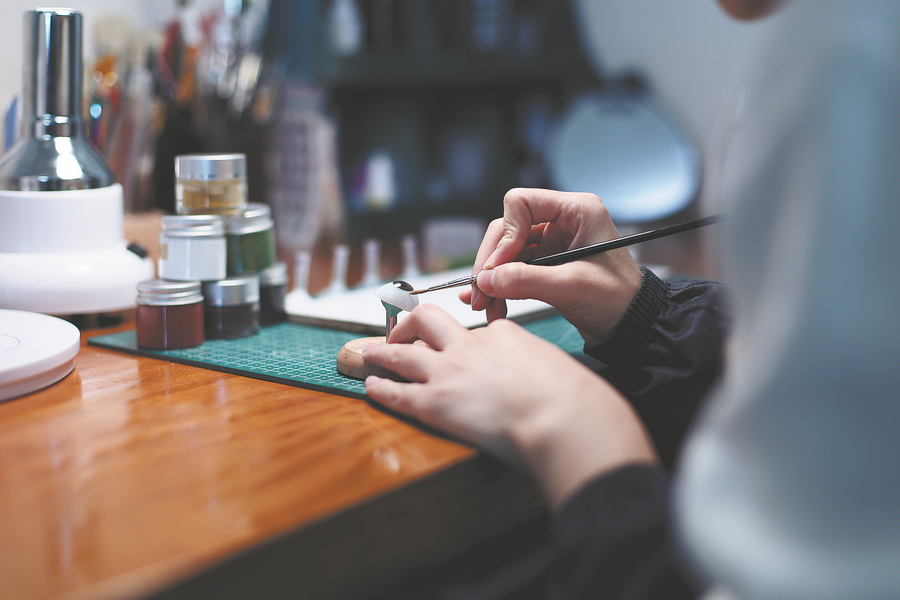An eye for business
Prostheses made by talented ocularist aim to provide a comfortable solution for people with monocular issues, Li Yingxue reports.


It was around half a year before Liu started reaching out to friends and dancing again. It really took time and patience to accept her new situation and her own sensitivity, she says.
After graduating from college, Liu became a dance teacher for children.
On one occasion, during dance practice, her prosthetic eye fell out of its socket because she was pirouetting so fast. Her first reaction was to cover her right eye as she was worried about the terrified reaction of others seeing the empty eye socket. "I was embarrassed, it was like being naked in the middle of the room," she recalls.
Liu joined some chat groups for others with the same issue, and found that many of their experiences were similar. They encountered many problems in life, at work and in relationships. In society, it seemed, some people understood, while others were repelled.
Prosthetic eyes manufactured in China are currently divided into two categories — large-scale production and custom-made. Each person's eyes are different in size, color and even the distribution of blood vessels, so a finished prosthetic eye is rarely very realistic.
Liu started to wonder whether she could make better artificial eyes for herself and others like her. She says that she knew what the availability of a comfortable and realistic prosthetic eye would mean to those in the group: It would be the key to rediscovering their confidence and fully return to society.
In 2020, Liu quit her job and decided to be an ocularist, despite opposition from her family.
"They think I will struggle to make a living from the new job, but I believe it's a profession in which I have unique experience, and therefore, it will provide me with more room for future development," she says.
























